Why Are There 2 Bronze Medals In Judo
Share

Judo is a unique sport that gives two bronze medals in each weight class. Many people wonder why this is done.
To find the answer, we looked into the repechage system. This system allows athletes who lost in earlier rounds to compete for a bronze medal.
How the Repechage System Works
Judo, taekwondo, and wrestling use the repechage system. This system helps athletes close to winning but lost in earlier rounds. It gives them another chance to compete for a bronze medal.
In single-elimination brackets, the top two athletes compete for gold and silver medals. The repechage bracket comprises athletes who lost to the top two. They compete for the bronze medals.
Important Points
- Judo, taekwondo, and wrestling give two bronze medals in each weight class because of the repechage system.
- The repechage system helps athletes close to winning but lost in earlier rounds.
- Single-elimination brackets determine the gold and silver medal winners. The repechage bracket determines the bronze medal winners.
- The repechage system is used in big tournaments, including the Olympic Games.
The Repechage System in Judo
The repechage system in judo allows participants who failed to meet qualifying standards by a small margin to continue to the next round, giving them a chance to compete for a bronze medal. This system has several advantages.
It allows athletes to redeem themselves after a loss, boosting their confidence and motivation.
The repechage process is straightforward, with the repechage brackets' winners facing the semifinals' losers for the bronze medals. This system is also used in other combat sports like taekwondo and wrestling.
However, there's been some controversy surrounding the repechage system, with critics arguing that it gives an unfair advantage to those who lost earlier in the tournament.
Despite the controversy, the repechage system significantly impacts athletes' mindset, giving them a second chance to prove themselves and strive for a medal.
The Bracket Structure in Judo Tournaments
His opponent's place in the bracket and the sense of anticipation made him eager to compete in the next round.
The bracket structure in judo tournaments is crucial in determining the path to success.
Strategies for success in the repechage system require careful analysis and adaptation.
Evaluating the fairness of the repechage system raises questions about equality and opportunity.
Comparing the repechage system in judo to other combat sports sheds light on its unique characteristics.
Exploring the historical origins of the repechage system in judo provides valuable insights into its evolution.
The Importance of Timing in Judo Competitions
Eager to gain an advantage, he strategically timed his attack and successfully executed a powerful throw, demonstrating the importance of timing in judo competitions.
Timing plays a crucial role in athlete strategy, influencing match scheduling and the role of referee decisions.
It also affects audience engagement and the consideration of injury prevention.
The precise timing of moves and decisions can determine the outcome of a match, making it a critical aspect of judo competition.
Allowing Competitors a Chance at Bronze in Judo
Occasionally, judo competitions allow competitors who didn't make it to the finals a chance to compete for a bronze medal.
This is made possible through the repechage process, which offers several benefits and opportunities for athletes.
The advantages of the repechage system include giving participants who narrowly missed qualifying standards another chance to continue in the tournament.
This process has implications for the sport, ensuring that top competitors who faced each other early on still have an opportunity to compete for a bronze medal.
The Significance of Two Third-Place Winners in Judo
Usually, in judo competitions, there are two third-place winners, highlighting the significance of the repechage process.
The fairness of the repechage system is a current discussion topic in the judo community.
Many argue that it gives athletes who were knocked out in earlier rounds a fair chance to compete for a bronze medal.
This not only motivates bronze medalists but also impacts athlete rankings, as their performance in repechage matches is considered.
Additionally, the repechage system plays a role in promoting participation, as it allows more athletes to have a chance at winning a medal.
Competing in repechage matches requires a strategic approach, as athletes must analyze their opponents and adjust their tactics accordingly.
Frequently Asked Questions
How Does the Repechage System Work in Judo?
The repechage system in judo gives athletes who didn't meet qualifying standards a chance to continue and compete for a bronze medal.
It benefits the tournament structure, allows losers another opportunity, and ensures two bronze medalists.
What Is the Purpose of the Repechage System in Judo?
The repechage system in judo provides an elimination process that gives participants a chance for redemption and ensures fair competition.
It also allows for strategic advantage and can lead to unexpected outcomes in determining the two bronze medalists.
Why Are There Two Bronze Medals Awarded in Judo?
In judo, two bronze medals are awarded to judokas in each weight class.
This is due to the tournament format and the repechage system used in judo competitions, allowing losers of earlier rounds a chance to compete for a bronze medal.
What Happens to the Athletes Who Lose in the Semifinals in Judo?
After losing in the semifinals, athletes in judo may experience disappointment and frustration. However, they still have the opportunity to compete for a bronze medal through the repechage system.
This requires mental resilience, adjustments in training, and the chance for future opportunities and emotional compensation.
How Does the Repechage System Address the Possibility of Top Competitors Meeting in Early Rounds in Judo Tournaments?
The repechage system in judo addresses the possibility of top competitors meeting in early rounds, ensuring fairness.
It benefits athletes who lost in the semifinals by giving them a chance to compete for a bronze medal. This strategic elimination process increases competitor satisfaction.
Conclusion
In conclusion, the presence of two bronze medals in judo results from the repechage system, which gives losers of earlier rounds a second chance to compete for third place.
This ensures that the bronze medalists deserve their positions and have triumphed over formidable opponents.
Interestingly, according to a study conducted by the International Judo Federation, the repechage system has increased judo competitions' overall competitiveness and quality.
Related Posts
-
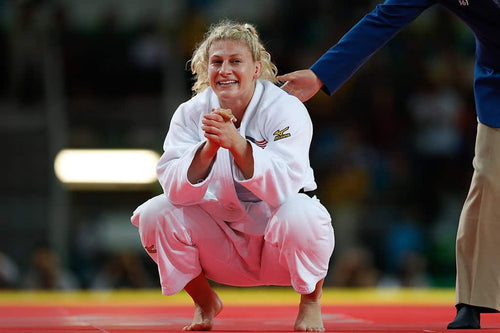
Kayla Harrison's Judo Journey - Judo Champion Turned MMA Powerhouse
Kayla Harrison is a groundbreaking American judoka who made history by becoming the first American woman to win an Ol...
-

Judo Atlanta - List of Judo Clubs in Atlanta area
In Atlanta, you can find excellent judo clubs such as Atlanta Judo Midtown and Black Ice Fitness where you can train...
-

Guram Tushishvili Disqualified - JUDO DRAMA with Teddy Riner
Guram Tushishvili Disqualified - Unsportsmanlike Behavior to French Judoka Teddy Riner Leads to Disqualification fro...
-

Yeldos Smetov - Judoka Profile
Yeldos Smetov, a name synonymous with excellence in judo, has carved out an illustrious career that stands as a beac...
-

Judo Olympics 2024 Results - Gold, Silver, and Bronze Medalists
The Judo Olympics 2024 Results are eagerly anticipated as the Paris Games approach, promising a thrilling display...
-

Judo For Self Defense - Here Is Why Is Judo Best For Self-Defense
Judo For Self Defense packs a punch. This martial art, born in Japan, turns attackers' strength against them. No nee...
-
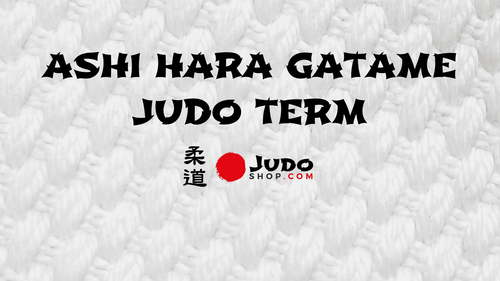
Ashi Hara Gatame - Judo Term Explained
Ashi Hara Gatame is a specialized technique in the martial art of judo, combining leg control, abdominal pressure, a...
-
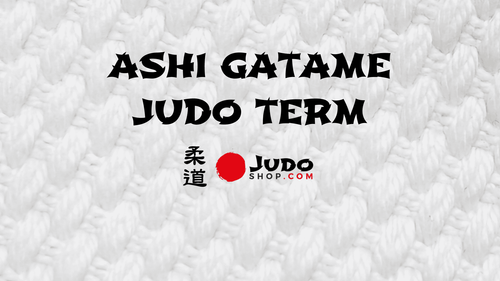
Ashi Gatame - Judo Term Explained
Ashi Gatame is a Judo technique referring to a kansetsu-waza (joint lock) where one uses their legs to immobilise ...
-

Judo Olympics 2024: Highlights, Athletes, and Schedules
Judo Olympics 2024 enthusiasts, mark your calendars! From July 27 to August 3, the Grand Palais Éphémère near the Eif...
-
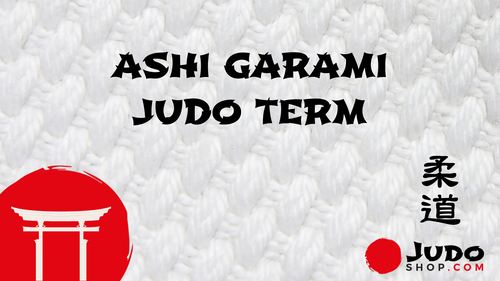
Ashi Garami - Judo Term Explained
What does "Ashi garami" mean in Judo? "Ashi garami" (足緘) is a Japanese term used in Judo that literally translates t...
-
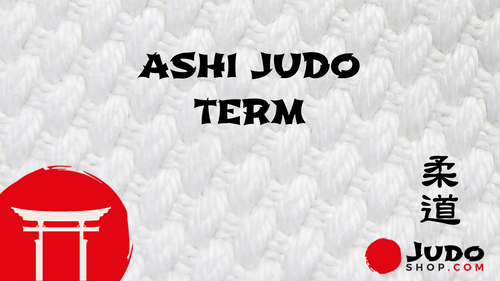
Ashi - Judo Term Explained
Ashi is term in Judo, referring to a leg or foot and category of judo techniques designed to unbalance and throw an ...
-
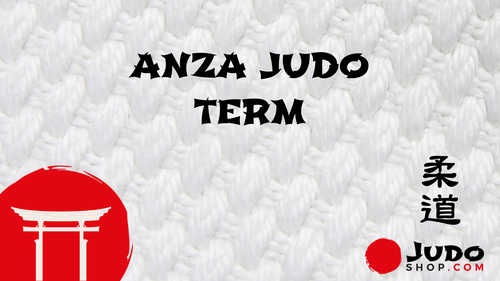
Anza - Judo Term Explained
The term Anza in Judo (安座) embodies a significant practice beyond merely sitting; it signals a deep respect and disc...
-
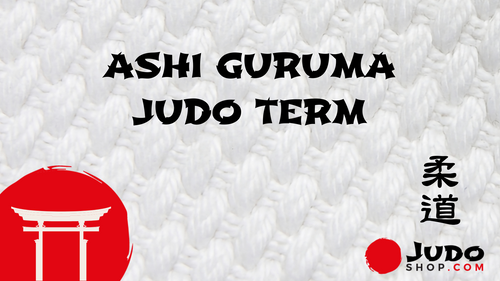
Ashi Guruma - Judo Term Explained
Ashi Guruma is a Judo term rooted in the martial art of Judo, which translates from Japanese as 'leg wheel'. This ju...
-
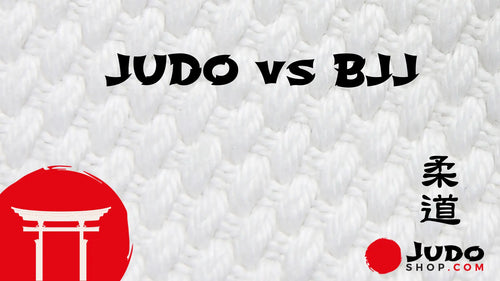
Judo vs BJJ? Of course Judo! Judo is better!
Welcome to Judoshop.com, the premier destination for judo enthusiasts worldwide. Here, we cater to beginners and vet...
-
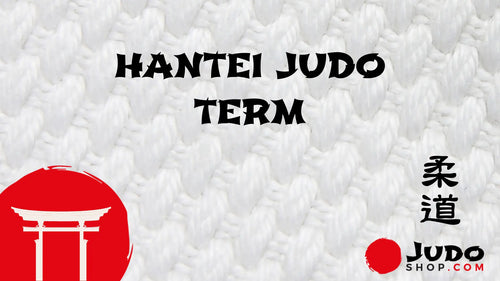
Hantei Judo Term Explanation
Contrary to popular belief, the term 'Hantei' in Judo is not just a simple decision-making process. It holds the p...
-
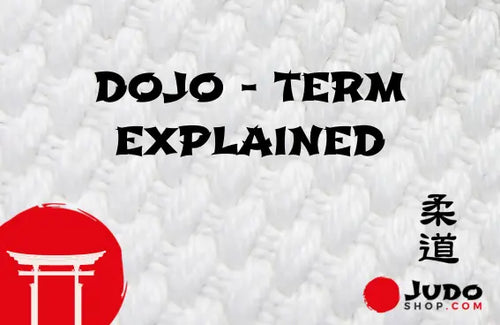
Dojo Meaning (updated 2023)
Dojos, places of immersive learning and meditation, hold great significance in martial arts. Derived from the Japane...
-
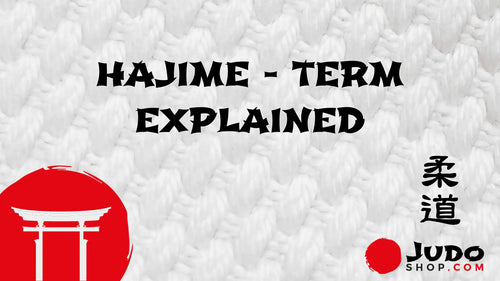
Hajime - Judo Term Explained
Ready to learn about Hajime in judo?It's all about using throws, pins, and joint locks on the mat. With the command ...
-
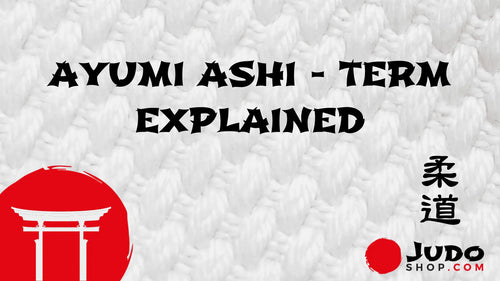
Ayumi Ashi - Judo Foot Work Explained
Are you ready to step into the world of Judo and master the art of Ayumi Ashi - 歩み足? This fundamental footwork techn...
-
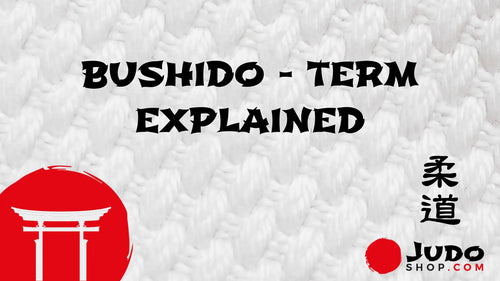
Bushido Explained
Bushido, the traditional code of ethics followed by samurai warriors in feudal Japan, is a subject that fascinates ...
-
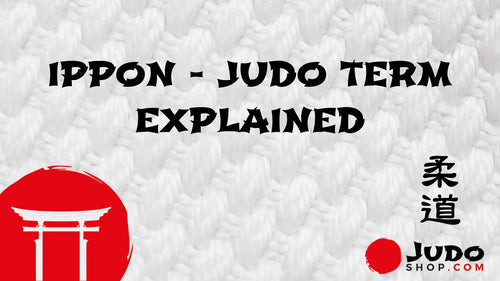
Ippon - Judo Term Explained
Imagine stepping onto the mat and feeling the adrenaline rush through your veins. In the world of judo, one ultimate...
-
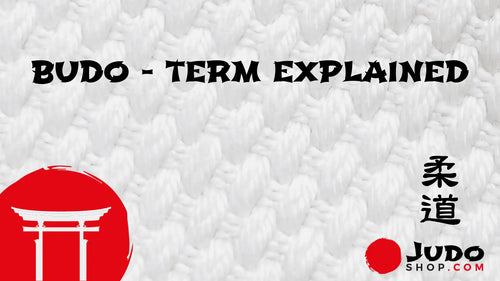
Budo - Term Explained
In a world full of chaos and conflict, one finds solace in the ancient art of budo. Contrary to popular belief, budo...
-
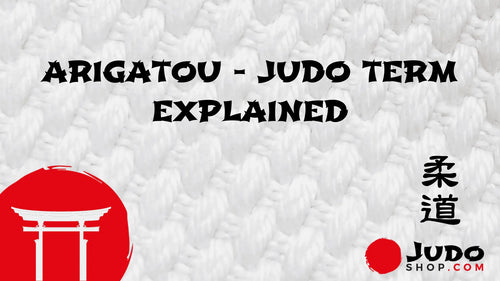
Arigatou - Judo Term Explained
Do you ever wonder about the true meaning behind the Japanese word 'Arigatou'? Well, wonder no more! 'Arigatou' is a...
-
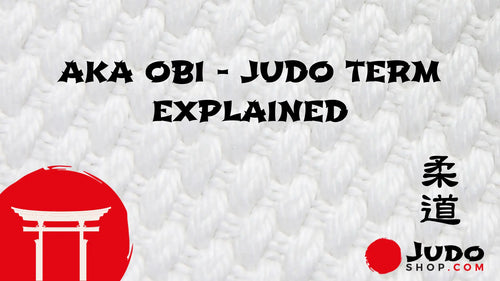
Aka Obi - Judo Term Explained
The aka obi, a red belt worn in Judo, is a prestigious symbol of expertise. Typically reserved for those holding a 9...
-
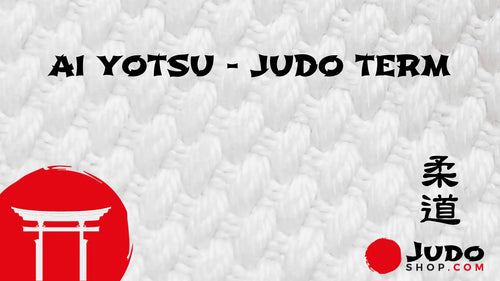
Ai Yotsu - Judo Term Explained
In the world of Judo, a term holds immense significance - Ai Yotsu. This grip, characterized by an intense and intim...
-
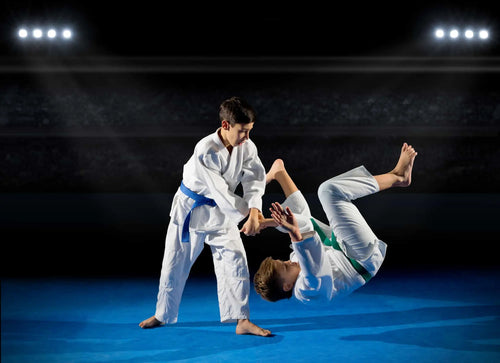
Is Judo Dangerous - Unveiling the Shocking Truths Behind this Ancient Martial Art
With its powerful throws and complex grappling techniques, one might wonder, "Is judo dangerous?" Yes, judo can po...
-

Is Judo The Toughest Sport - Unraveling the Grit and Grace of the Gentle Way
Judo, known as the Gentle Way, may seem like a paradoxical name for a sport, but don't let that fool you. While Ju...
-

Judo Terms - A Complete List of Judo Terms
Judo terms are the foundation of this martial art, and our collection is here to help both new and experienced judok...
-

English to Japanese Kanji and Hiragana translations
Are you looking for an English to Japanese Kanji translation? Here you can find more than 30 examples of Kanji and ...




























